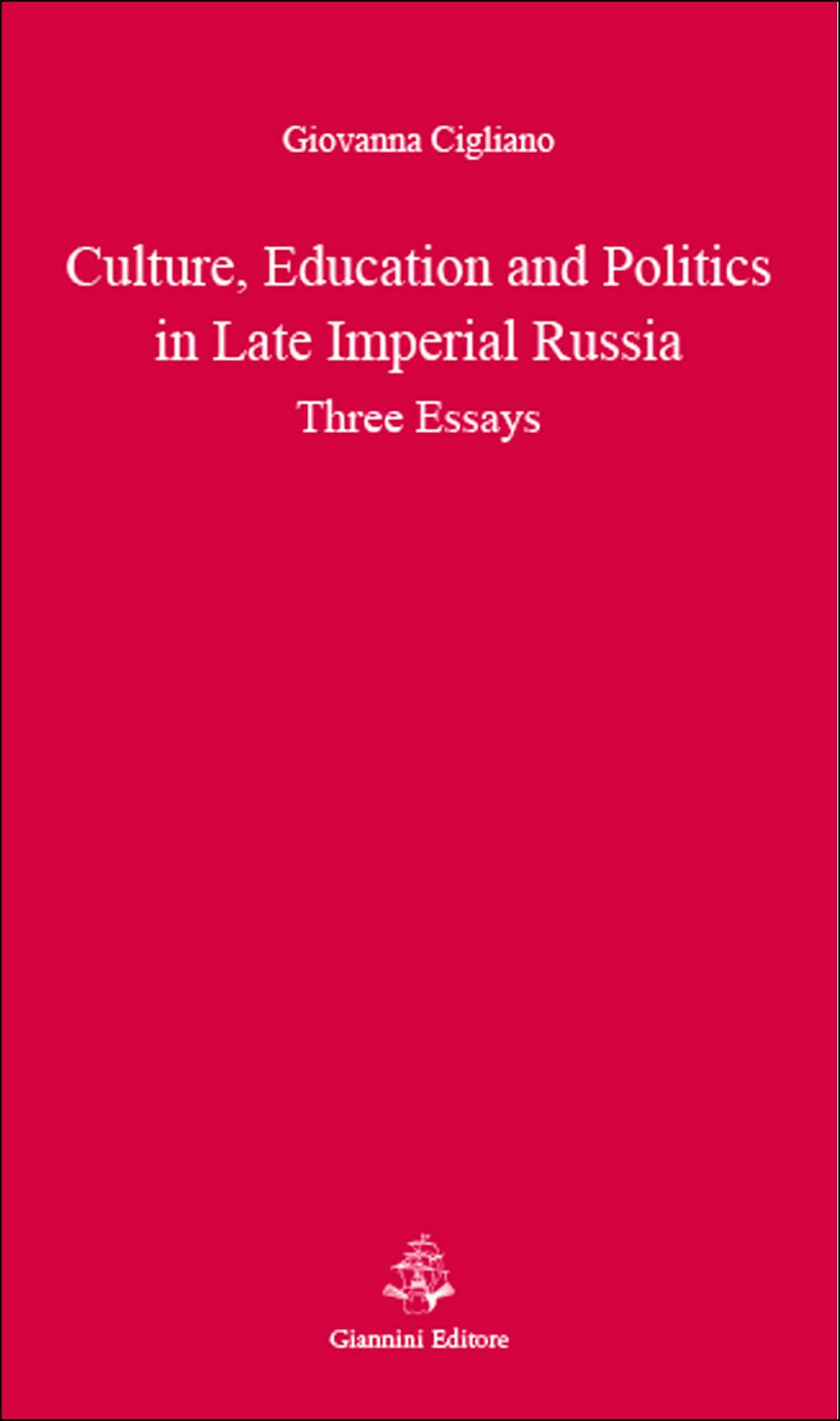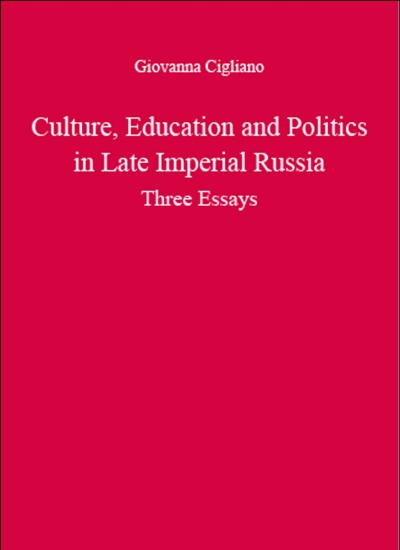Descrizione
The writings collected in this volume deal with several interrelated aspects of the intellectual, educational and political initiative developed by prominent representatives of the Russian cultural life during the period spanning from Alexander II’s Great Reforms to the First World War. The first essay retraces the emergence of a tradition of studies on the French Revolution within the wider disciplinary context of vseobhschaia istoriia (Universal History). This «Russian school», which was personified by such figures as I. Luchitskii and N. Kareev, was able to make a pioneering contribution to international historiography, especially in the field of peasant and rural studies. Moreover, references to the French events as a key episode in the birth of modernity were given a major place also in the teaching of history and in works of scientific popularization, and their conflicting interpretations shaped the cognitive maps and patterns of behaviour of the political actors involved in the 1905 Revolution. The second essay traces the history of the attempts on the part of Russian intelligenty (foremost among them M. Kovalevskii) at creating their own independent institutions of higher education, first in the exile, and later, after 1905, in Russia itself. These efforts are analyzed here as the expression of their belief in the absolute need for spaces of open debate in order to emancipate Russia from autocracy and backwardness and transform its people from subjects into citizens of a constitutional and democratic polity. The third essay focuses on the image of Italy as outlined by the members of two different generations of Russian liberals, B. Chicherin and Kovalevskii himself, who toured the Italian Peninsula at the end of the 1850s and during the 1880s- 1890s, respectively. It aims to add a new piece to the rich mosaic emerging from the ongoing study of the perceptions and representations of the West circulating among the Russian cultivated elites in the last decades of Tsarism.




